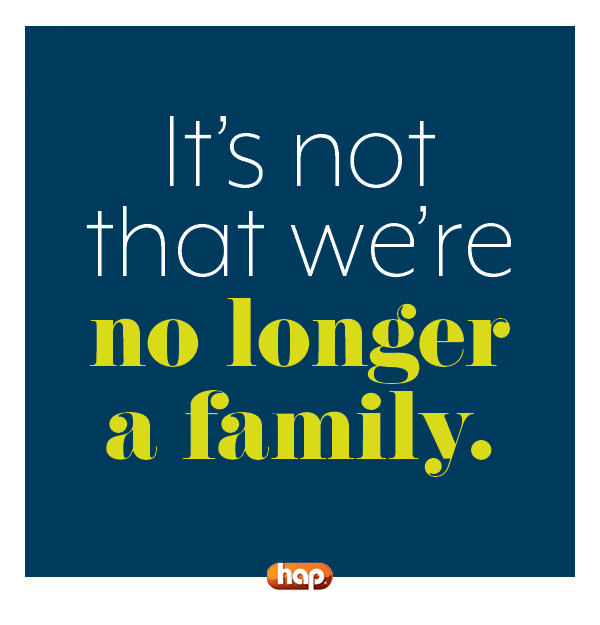
Body Issues Aren’t Just for Women
It’s no secret that many women feel pressured by TV, movies and magazines to possess the “perfect” body. But it might surprise you that men struggle with body image, too.
Some guys might not even recognize that they battle, and obsess over, negative feelings about their bodies.
“Many men view the muscular body as the ideal,” says Dr. Lisa Matero, senior staff health psychologist at Henry Ford Health System. “Some men believe that women are attracted to a very muscular body, but many women actually do not prefer this.”
Ask Brian Cuban, a former lawyer and current mental health advocate based in Dallas. He spent a large chunk of each day in the gym, trying to pack on muscle. His obsession with his body left him feeling out of control.
“I could be in there for six hours,” he says. No doubt, his muscles grew, but Cuban still felt like he didn’t measure up.
Men and women with low self-esteem can be especially vulnerable to feeling bad about their bodies. So can people who routinely compare themselves to the perfect bodies they see in the media.
For men, it’s not always just a quest for bulging biceps. Like women, they can develop eating disorders that make them excessively thin. “We don’t hear nearly as much about male anorexia or male bulimia,” Matero says. “But men do suffer from these.”
Taking Charge of the Problem
Reversing these negative feelings takes time, Matero warns. “Just as the body doesn’t change overnight, neither does the mind – it usually takes a lot of work, and possibly therapy, before you can see results,” she says.
“You can also have relapses where you’re successful for a while and then find those old habits coming back. But if you have a long-term commitment to overcoming the problem, your chances of getting better improve.”
Cuban, the author of "Shattered Image: My Triumph Over Body Dysmorphic Disorder," says a support group has helped drive his recovery. “It helps to have someone say, ‘Hey, Brian, are you obsessing a little too much here?’”
His struggle has led Cuban to adopt a mantra that he thinks can help others. “I tell myself ‘You are enough’,” he says. “No matter what you look like, no matter what people tell you – you are enough.”
Matero acknowledges that girls and women are more likely to be dissatisfied with their bodies than men, but they’re also more likely to seek treatment. “Men feel that it’s a weakness to get help,” she says. “They shouldn’t.”
As for Cuban, he’s optimistic about the future. He’s planning a wedding with his fiancée. And he’s made important strides from the days when he couldn’t stand to look in a mirror.
He no longer lift weights but remains committed to fitness, attending an indoor spinning class called Flywheel. “You don’t need to be muscular to be loved,” he says. “Exercise can make you feel good. It just becomes a problem if you’re compulsive about it.”
Do you struggle with your body image? Visit hap.org/behavioralhealth to find a provider and get started on your way to recovery.

Categories: Get Healthy
Tags: Blog
